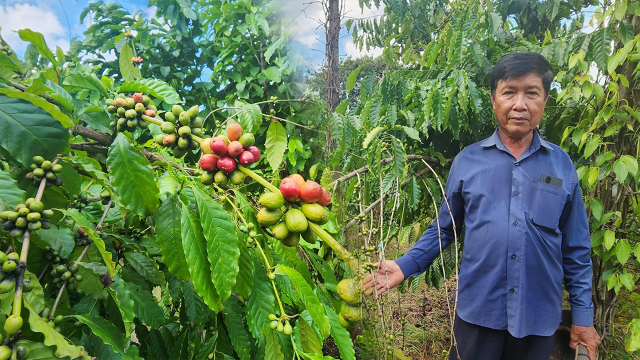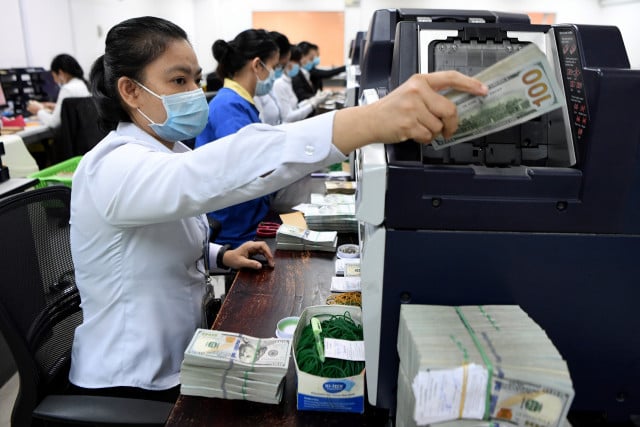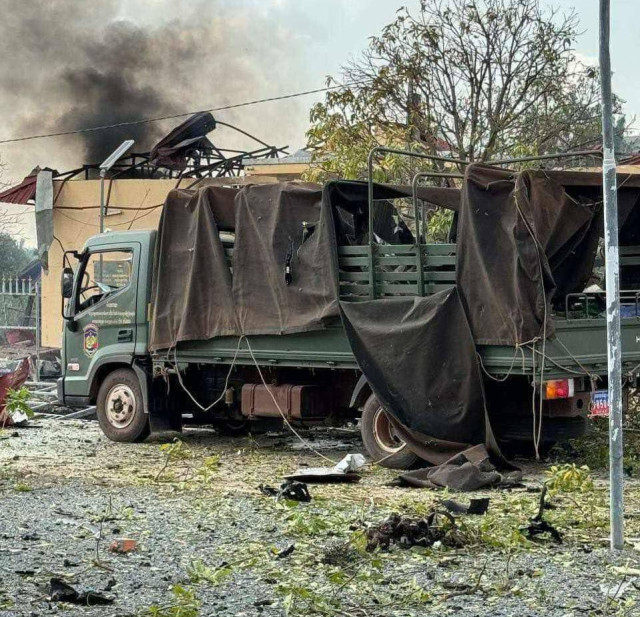Coffee Farming Returns to Tbong Khmum

- By Chhum Chantha
- August 25, 2023 3:02 PM
PHNOM PENH – The Department of Agriculture of Tbong Khmum province is thinking of re-establishing coffee farming in Memot district after several decades of absence.
The soil and weather are advantageous in this district. The department wants to make coffee one of the leading agricultural products in the province.
Department director Heng Piseth said there was a history of coffee plantation in the province during the French protectorate. Production stopped because of the lack of a market.
Piseth said he did not know at first that the crop could be planted in the district. He found out about the suitability of the soil and the weather when he inspected the farms.
So far, one family has planted coffee, on half of a hectare. “I was surprised with the news that a farmer in Memot district could plant coffee crops and even planted it well,” he said.
“I really want farmers to plant these special crops because coffee is popular these days.”
Due to the high quality and acceptable price, the director has encouraged farmers to plant the crops. The director, however, said the first thing to do would be finding a market.
“If the coffee crops are planted in this province, I think it’ll be great because coffee trees are selective of soil and weather. The soil in the province is suitable, so there should be a reinforcement and promotion,” Piseth said.
Bou Vuthy, a farmer from Kokir commune, said the rich red soil and good weather were good for growing coffee. He said coffee was planted decades ago but few people knew that.
Vuthy started growing coffee in 2020 on two hectares but cut it to about one hectare to grow other crops because the price was lower than that of other crops and it could be harvested only once a year.
After three years, Vuthy has noticed remarkable results. He could sell the coffee — without shells — for 10,000 riel per kilogram. The two hectares produced around a tonne of coffee in the first year.
“I have heard that there had been coffee plantations before. That’s why I also grew it. The soil around my area is really good because its beans were so heavy,” he said.
Nevertheless, farmers worry about the market and few of them grow coffee yet. Vuthy said planting will increase if the ministry or officials set the price and find markets.















